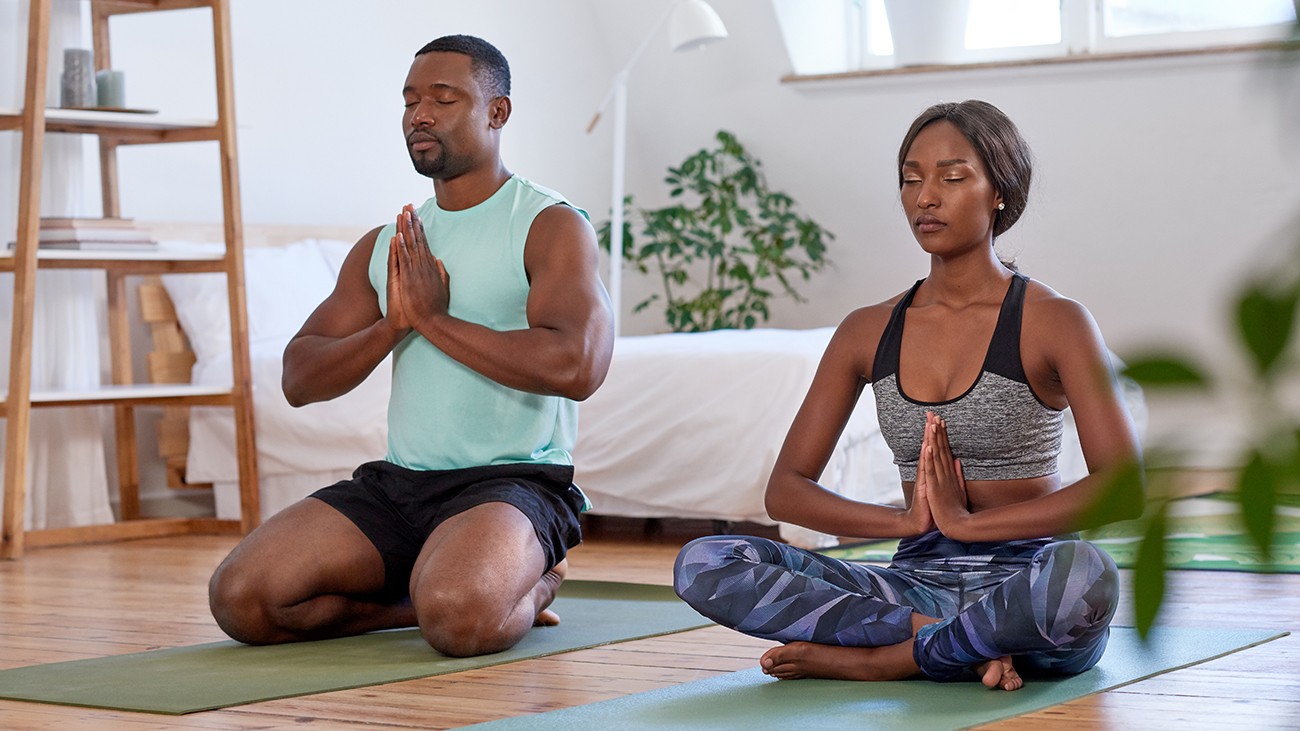The first thing is to accept that this is the new normal, for as long as it lasts. We don’t know what a couple months will bring so don’t speculate about it. If you’re going to dwell on the worst-case scenario, come up with a contingency plan and focus on creating a routine to get through the days, one at a time. When worry strikes, take a deep breath and walk around the block.
Set a schedule for rising, meals and bedtime. Resilience thrives with proper nutrition, and rest. This is not the time to self-medicate with drink or drugs. Get dressed as though you’re meeting people outside. Fill the day with projects and end it with pleasant rituals such as reading and catching up with friends over video. Build in time to exercise, from YouTube in the living room or outdoors. Consider what anchors and relaxes you—meditating, music, yoga or gardening. Watch funny movies. Steer clear of social media that makes you anxious and restrict news consumption, especially one hour before going to sleep. Start a journal.
Psychologists say the one thing most associated with emotional resilience is social connection and support. So set up a circle of friends and contact them daily. Check on your neighbors. Nothing beats doing something nice for others. And these days, we need something nice.

